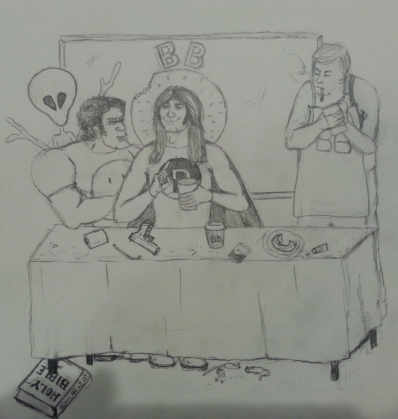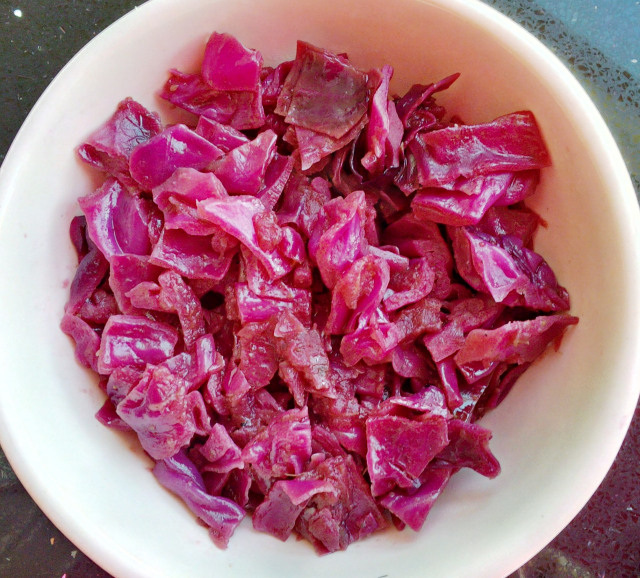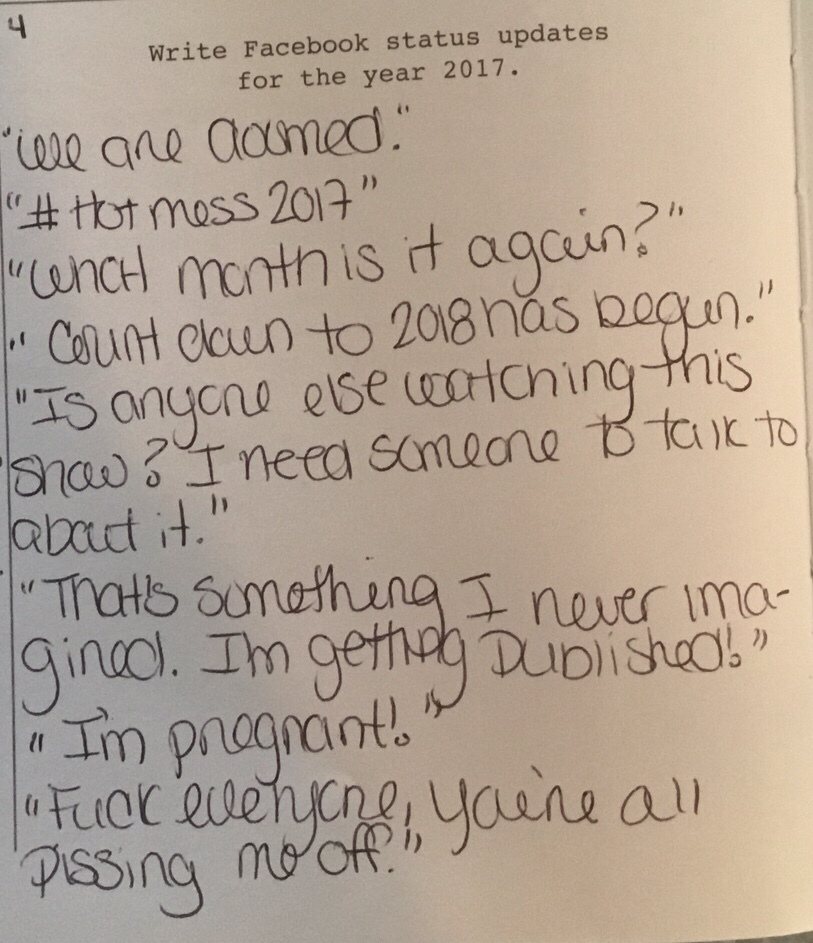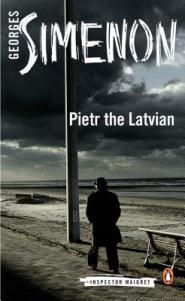I know I said in my last post that I’d write about my holiday in France/Spain, but in reality no one wants to read about someone else’s holidays, no matter how eventful they are (but FYI ours was actually properly eventful, my parents have to travel back to France this weekend because our car is still there, 2 weeks later). Instead I’m going to write about the books I read on said holiday. All food books, of course, but you don’t have to be a strange food-obsessed kitchen hermit like me to appreciate them; even the averagely food-obsessed individual can appreciate and enjoy them. Here’s a breakdown of possibly the 3 best books I’ve read this year:
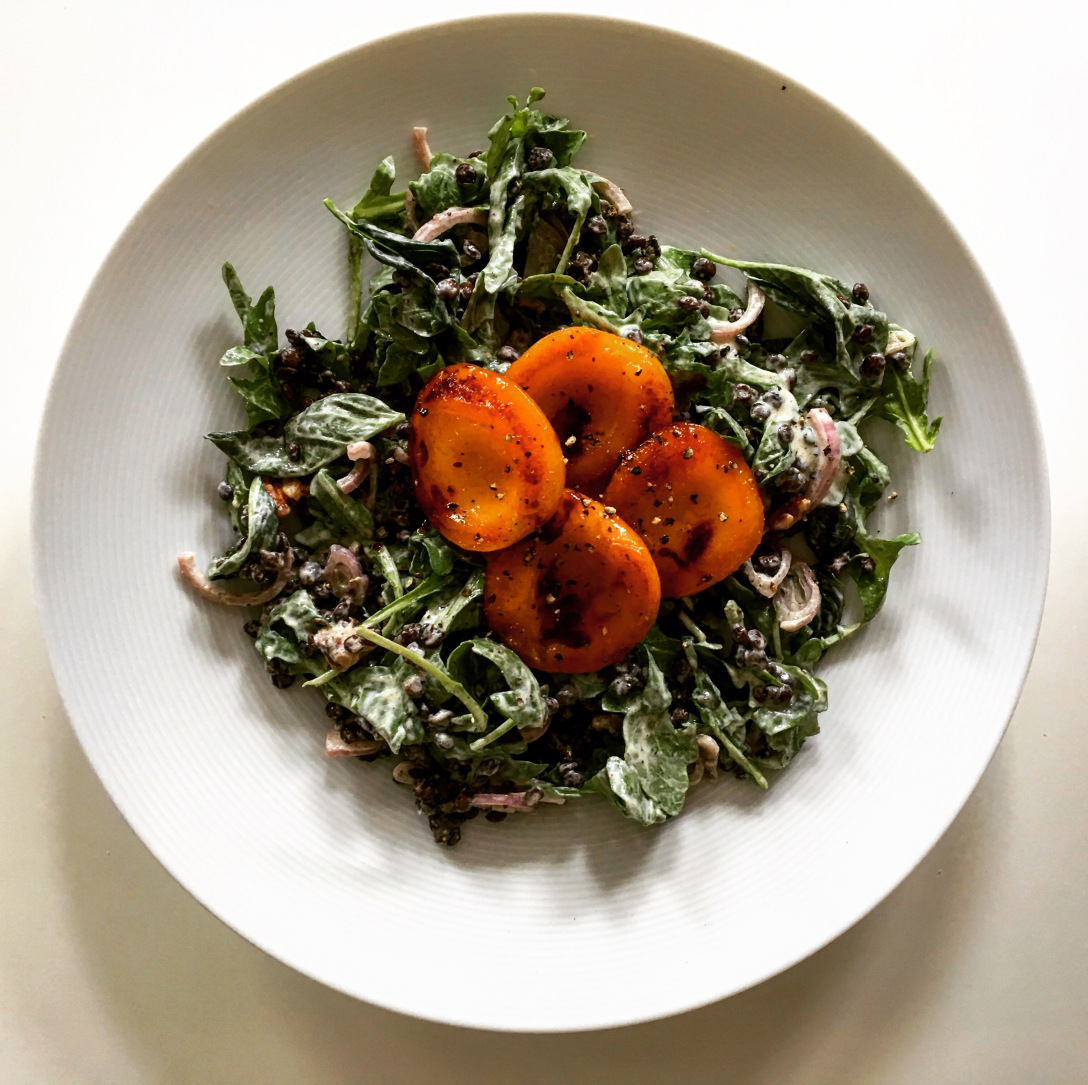 Here’s a picture of dinner the other day because otherwise this is a really boring post
Here’s a picture of dinner the other day because otherwise this is a really boring post
For the psychologist – Bee Wilson’s ‘First Bite – How We Learn to Eat’
Have you ever sat there fretting over what you should feed your future baby in order to ensure that in later life they don’t become picky eaters/too fat/too thin/one of those people who only ever eat ketchup sandwiches and dry cornflakes throughout their life and have to receive counselling to wean them onto a normal diet? Probably just me. I’ll try another – have you ever wondered why you’ve never liked mushrooms, or why you suddenly at the age of 6 rejected tomatoes in all forms apart from in a sauce or on a pizza? Bee Wilson gives a fantastic account of her journey into discovering how we develop our food habits, looking at factors such as genetics, family dynamic, gender, memory, cultural background etc. to determine why some children may be predisposed to hate greens, or why an only child may express different eating habits to a child with three siblings (I’m now using this as a way to blame my chubby childhood on my lack of siblings, rather than the fact that I was a greedy shit).
Though the voice is a bit measured for me at times, the narrative is kept interesting with a load of stories, studies and sciencey stuff to keep the content lively, entertaining, informative and hugely relatable. From trading your cheese string for a fruit winder at lunchtime, to fighting over second helpings at dinner, to the sadly all-too-common desire to restrict and diet during adolescence and young adulthood, this book had me nodding along the whole way through, giving me reasons behind the behaviours I recognised as my own. Not exactly a page turner, but one that had me dipping in and out for a chapter throughout the last year – definitely worth having in the background of whatever other book(s) you have on the go (I think I have about 4 or 5 on the go right now, 3 of which I’ve probably forgotten about and will have to start again, the other 2 I’ve probably lost).
Get yourself a copy of Bee Wilson’s ‘First Bite – How We Learn to Eat’ here.
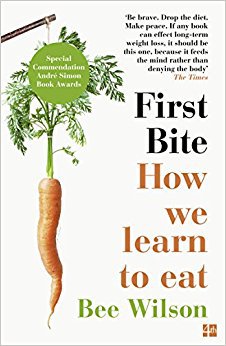
For the ex-health food enthusiast – Anthony Warner’s ‘Angry Chef: Bad Science and the Truth About Healthy Eating’
I used to be a health food enthusiast (AA meeting style; hello, I’m Pip, and I was a ‘clean eater’). I bought flax seeds. I was scared of bread. I invested in a juicer. Terrible times. All of this began to fade last year when I realised that I was spending stupid amounts of money, I was eating food that I had convinced myself tasted okay when in actual fact tasted exactly like what it actually was – algae and bird food, and I needed to gain a stone or so to stop myself feeling permanently cold. Though the majority of my extremely rigid rules and restrictions around food have faded, remnants of this clean eating disease still live in me and I needed some sort of closure to help banish these thoughts that make me think twice before making myself some pasta. Here’s where Angry Chef came in, honestly one of the best, most informative, most satisfyingly ranty books I’ve ever read.
Every pseudoscience food fad from ‘alkaline’ to ‘paleo’ to ‘GAPS’ and ‘HCLF’ have been thoroughly examined and rendered as utter quack (a frequently used phrase in the book that I’ve now adopted because the word ‘quack’ isn’t used enough) by the Angry Chef, his sidekick ‘Science Columbo’ and his use of real, backed up, plain facts. Not only this, but he does this with excessive use of sarcasm, swearing and constant referral to ‘Paltrow Science’, laying into Goop founder and enema-loving coconut-oil-lubricant-using Gwyneth Paltrow amongst a host of others who have made millions on the guilt-inducing, food-shaming, unhealthy and at times downright dangerous industry that is the clean eating movement.
Reading this book was liberating. Some may find the health blogger bashing a bit much at times (Evening Standard columnist Lisa Markwell wrote that it became a bit tiresome), but as someone who has fallen victim to the beliefs of clean eating, driving me to such measures as weighing out my breakfast smoothie(?!), counting out the number of almonds I was allowed to eat per day and actively avoiding social events where I thought I might be forced to eat something containing (God forbid) refined sugar, I revelled in the pages and pages of pure blogger bashing. Do one, Deliciously Ella. I’m bored of swapping my caster sugar for £5 maple syrup. I like potatoes. No one (other than coeliacs, sorry Dom) should have to go gluten free.
If you’ve ever held strong beliefs about clean eating and want closure from the ridiculous amounts of money you spent, cakes you turned down, hours you spent worrying about what to eat/feeling guilty for whatever you chose to eat, I implore you to give this book a go. Or if you’re just an angry person in search of a likeminded individual to get angry about something with; this is a fantastic answer.
Get yourself a copy of Anthony Warner’s ‘Angry Chef’ here.
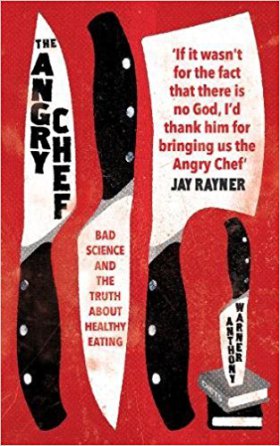
For the science nerd – Prof Charles Spence’s ‘Gastrophysics’
Slightly less blood-pressure-inducing, I started Gastrophysics a few weeks ago and although I’m still working my way through it (there’s a lot of science and I did an English degree so naturally I’m taking it slowly), I’m recommending it anyway because I’ve already got a host of interesting facts that I’m sure will come in handy at a pub quiz at some point.
Gastrophysics is an in depth scientific study into eating – not the chemical processes or anything – it goes into our relationship between factors such as smell, sight, touch, environment, expectation and taste. Real Heston Blumenthal stuff – who incidentally did the foreword. Did you know that you can make something taste up to 10% sweeter by adding pink colouring? Or that dementia patients have shown to eat 30% more of what’s on their plate if their plate and cutlery are blue? Research like this isn’t just for the sake of it – a hospital in America has, as a result of this research, changed the colour of all their cutlery to blue, the result being that their elderly patients have begun to eat more, improving their overall health. External factors have an extraordinary effect on our perception of taste and flavour, and Prof Spence goes into great depths to explore this phenomenon, demonstrating how food manufacturers and restaurants take advantage of to maximise the sale of their products.
A bit dry at times (but this is probably because the last book I read was the anger fuelled frenzy that was Angry Chef), but definitely a good one for reading a few chapters before bed with a highlighter (is it incredibly sad that I bring a highlighter with me in case I find a particularly juicy fact? Probably, but I don’t care because it means I can remember that you’re likely to think something tastes sweeter if it has soft/rounded edges, e.g. the newly shaped Cadbury’s bar).
Get yourself a copy of Prof Charles Spence’s ‘Gastrophysics’ here.
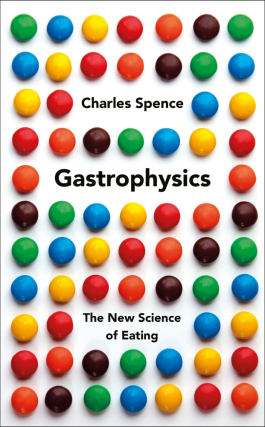
And thus concludes my food related book club. All three of these books provide seriously interesting and relevant information presented in an accessible manner (if an English and Drama student can understand the science, you can too). If, however, you were to read only one of these, I would strongly recommend Angry Chef because I think its message couldn’t be more important right now. I’m sorry if you’ve read this post holding out for a recipe – promise I’ll do one next time.
Share this:


